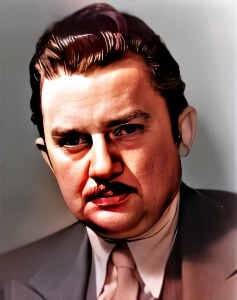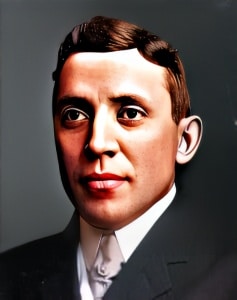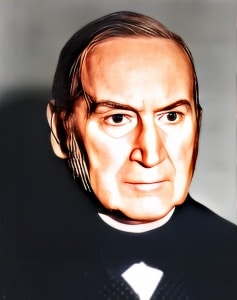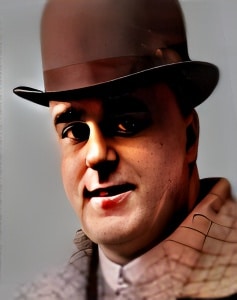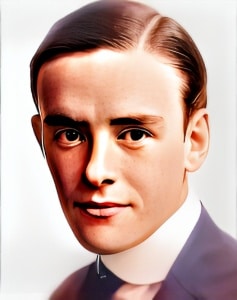 Robert Emmett Harron, known professionally as Robert Harron, was a talented American actor who graced the screens of the silent film era during the early 20th century.
Robert Emmett Harron, known professionally as Robert Harron, was a talented American actor who graced the screens of the silent film era during the early 20th century.
Born on April 12, 1893, in New York City, Harron’s life and career were marked by a deep passion for acting and a commitment to the burgeoning film industry.
Harron’s journey into the world of entertainment commenced at an early age. He began acting in local theater productions, displaying a natural aptitude for the craft. His early experiences on the stage laid the foundation for his future career in the emerging medium of film.
Robert Harron’s big break came when he was discovered by D.W. Griffith, one of the most influential and innovative directors of the silent film era. Under Griffith’s guidance, Harron became a key figure at the Biograph Company, where he honed his acting skills and gained valuable experience. His collaboration with Griffith, who was known for pushing the boundaries of storytelling and filmmaking, allowed Harron to develop as an actor and adapt to the evolving art of cinema.
Harron’s roles in Griffith’s films were varied and showcased his versatility as an actor. He appeared in numerous groundbreaking films, including “ The Birth of a Nation” (1915) and “ Intolerance” (1916). These films are celebrated for their pioneering contributions to the art of filmmaking and their historical significance, although they have also faced criticism due to their portrayal of race and controversial themes.
“ The Birth of a Nation” marked a turning point in Harron’s career. The film, while groundbreaking in terms of cinematic technique, is controversial for its racist content. Harron played the role of a young Confederate soldier in the film, contributing to its historical impact while reflecting the attitudes of the time.
Harron’s collaboration with Griffith continued with “ Intolerance,” a film that explored themes of intolerance and social injustice through parallel narratives. His work in this film demonstrated his ability to engage with complex characters and emotionally charged storylines.
Tragically, Robert Harron’s promising career was cut short. On September 5, 1920, he suffered a gunshot wound under mysterious circumstances, leading to his untimely death at the age of 27. His death was a shock to the film industry and marked the loss of a young talent with immense potential.
While Harron’s life was relatively brief, his contributions to the silent film era left an indelible mark on the history of cinema. His work with D.W. Griffith helped shape the language of filmmaking, and his performances showcased his ability to convey complex emotions and engage with diverse characters. Although his career was cut short, his legacy endures as a testament to the talent and dedication of actors during the formative years of American cinema.
In conclusion, Robert Harron was a gifted American actor whose career flourished during the silent film era. His collaboration with D.W. Griffith and roles in groundbreaking films like “ The Birth of a Nation” and “ Intolerance” solidified his place in the history of cinema. Despite his tragically short life, Harron’s contributions to early filmmaking continue to be celebrated and studied within the context of film history.
Loading live eBay listings...

